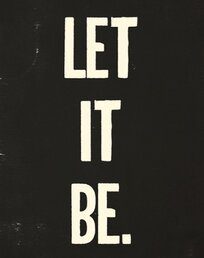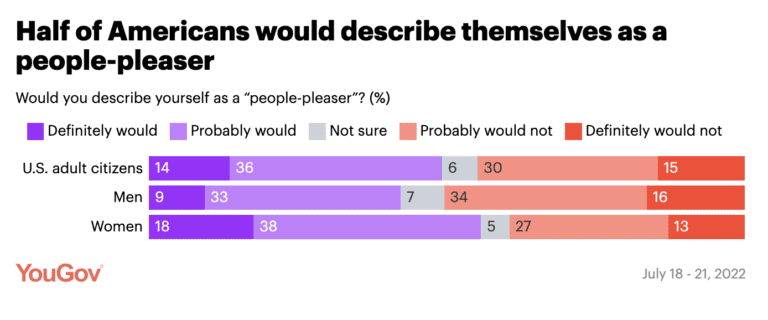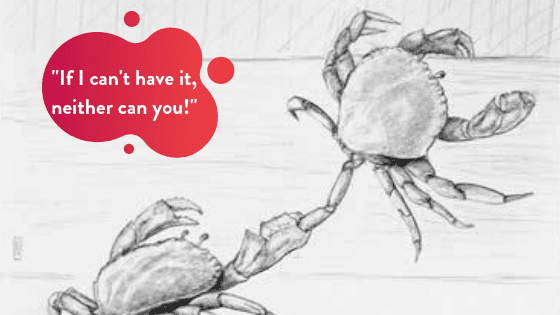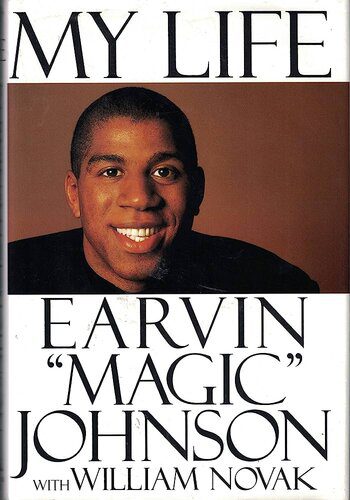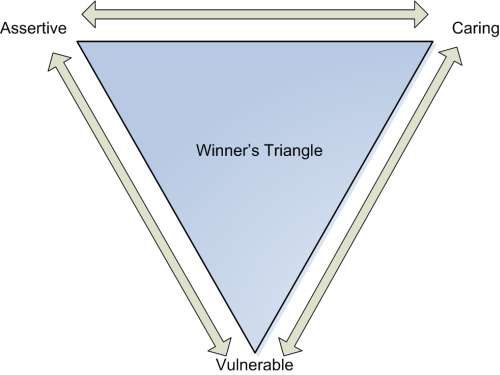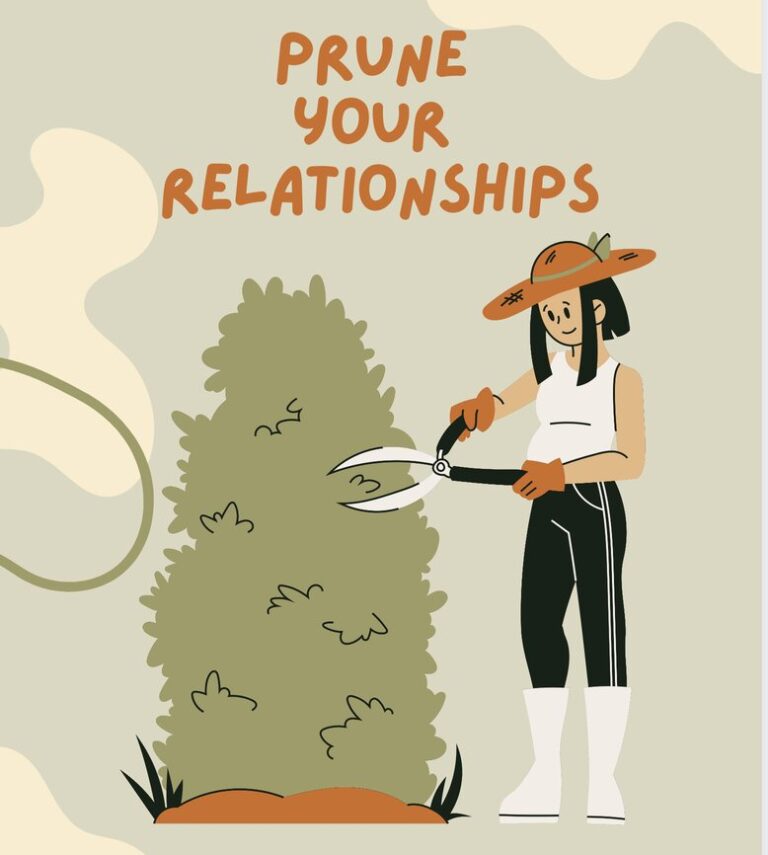“The greater danger for most of us lies not in setting our aim too high and falling short; but in setting our aim too low, and achieving our mark.”― Michelangelo Buonarroti
In his autobiography, Call Me Ted 1, Media Mogul Ted Turner, the founder of the Cable News Network (CNN), the first 24-hour cable news channel, writes about one of the most important lessons he learned from his father. His dad used to tell him: Son, you be sure to set your goals so high that you can’t possibly accomplish them in one lifetime. He writes:
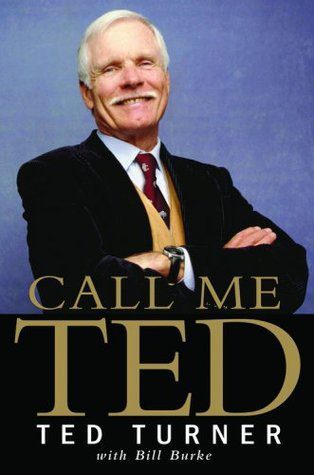
Despite my father’s obvious ambition, it’s clear to me now that reaching new heights in business and material wealth actually could have undermined his mental state. He told me a memorable story on the subject. He was preparing to enter Duke University just as the Depression hit. His parents lost nearly everything and they struggled to tell him they could no longer afford his tuition.
At that young age he consoled his mother, saying, “Don’t worry, Mom. When I grow up, I’m going to work really hard and I’m going to be a success. I’m going to be a millionaire and I’m going to own a plantation and a yacht.
You can’t always be right, son, but you can always be on time
Given their circumstances at the time these were very lofty goals, but by the time he shared this story with me he had achieved all three. He said that having now checked off each of these goals, he was having a really tough time reevaluating things and coming up with a plan for the rest of his life.
“He then told me something I’ve never forgotten. He said,
“Son, you be sure to set your goals so high that you can’t possibly accomplish them in one lifetime. That way you’ll always have something ahead of you. I made the mistake of setting my goals too low and now I’m having a hard time coming up with new ones.”
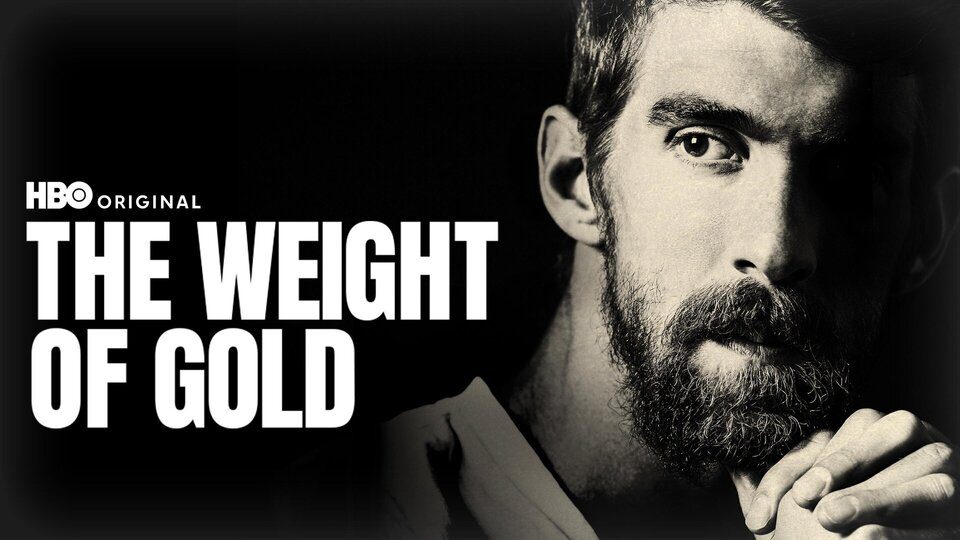
HBOs documentary Weight of Gold 2 explores the mental health challenges of Olympic athletes. The most successful and decorated Olympian of all time, Micheal Phelps, describes the struggle that most Olympians go through after achieving the goal they have pursued all their life. Phelps, who won 28 medals in his illustrious career with 23 of them gold, knows a lot about the roller coaster of post-winning depression. The documentary also features other Olympians such as Apolo Ohno, Steven Holcomb, Gracie Gold, Sasha Cohen, Katie Uhlaender, Lolo Jones, Jeremy Bloom, Bode Miller, David Boudia, and Jonathan Cheever.
According to Phelphs:
We’re lost. I think that’s where a lot of it really comes from is we’re just so lost because we spent four years grinding for that one moment. And now, we don’t know what the hell to do. I think it’s probably safe to say that a good 80% – maybe more – go through some kind of post-Olympic depression.
The Weight of Gold is an eye-opening documentary about what athletes must go through, the mental health issues and the need to seek help. These athletes spend a lot of time training to become Olympians; it eventually becomes their identity, and for most of them, without it they feel empty. As the documentary showed, some former Olympians committed suicide due to post-Olympic depression. They become obsessed, locked in and super-focused to get to their ultimate aim of becoming an Olympian. After achieving the goal, most of them don’t have a goal bigger to stretch for as they have dedicated a lot of time and energy to achieve their goal.
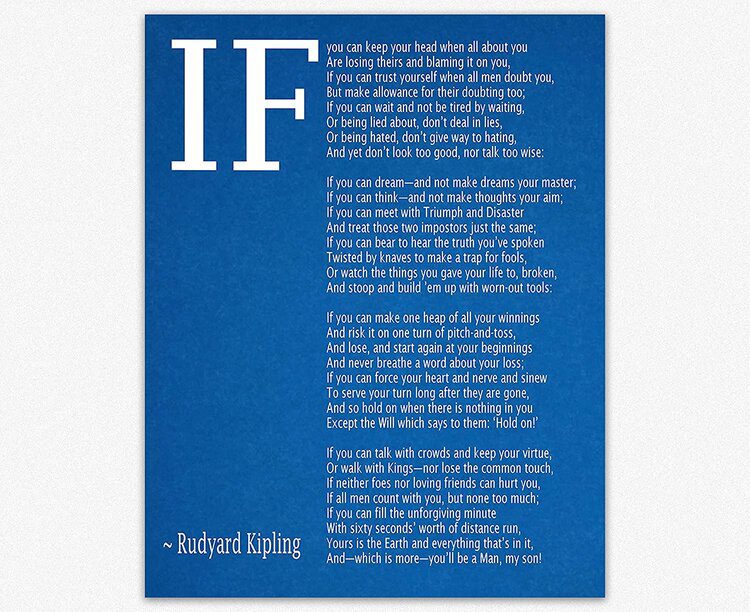
If you can dream – and not make dreams your master;
If you can think – and not make thoughts your aim,
If you can meet with Triumph and Disaster
And treat those two impostors just the same:
If you can make one heap of all your winnings
And risk it on one turn of pitch-and-toss,
And lose, and start again at your beginnings,
And never breathe a word about your loss:
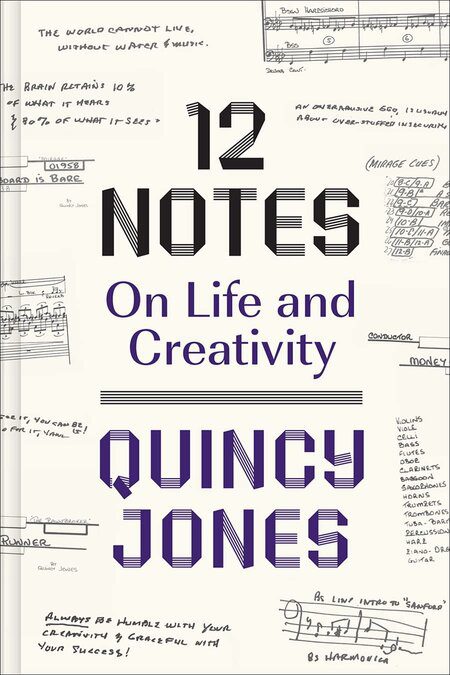
Don’t limit yourself. Whether that’s in the area of pursuing equality, creative freedom, or whatever else that looks like for you, step into the roles that aren’t being filled. Oftentimes, our greatest creative challenges come from a place of inner change because we’re pushed, pulled, and stretched into shapes, corners, and directions we never thought we’d occupy. 3
It’s important to set lofty dreams in order to avoid outgrowing them because an ego is really just an overdressed insecurity.
Meditation
- Daily Calm with Tamara Levitt – Guidance
- When seeking answers in life, we often instinctively turn to others for guidance. We face a conundrum or a dilemma so we call on the advice of trusted allies. It is sensible to seek direction as we navigate questions of love, family or career. But ultimately it is our own experience, our own understanding that would show us the way. Each of us has innate wisdom, we just need to connect with it, when we sit in silence we quiet the chatter of our own thoughts and outside influences. And from the silence and stillness, wisdom has the opportunity to arise, we become more attuned to what is right for us.
- Guidance can be helpful but remember that you are your own greatest teacher. As your practice deepens, learn to trust your internal source of wisdom.
So you have to be your own teacher and your own disciple, and there is no teacher outside, no saviour, no master; you yourself have to change, and therefore you have to learn to observe, to know yourself. This learning about yourself is a fascinating and joyous business. – Jiddu Krishnamurti
–
- Daily Jay with Jay Shetty – Dance Through Life
- Man Plans GOD love: Besides our best effort to maintain control, our world is often messy and unpredictable. If you want to thrive, you need to learn to go with the flow.
- Life is not a computer program with a predictable outcome every time you run it. Life is a dance that you got to stay open to hearing the beat, adjusting to the tempo of the universe and moving accordingly. Just like when you are dancing, you can’t linger on missteps; at some point, you may slip while trying to spin or accidentally bump into your partner which is merely a part of being alive.
- Some of life’s greatest achievement requires a great deal of deliberate action.
Podcast
- Grindr: Joel Simkhai | How I Built This with Guy Raz
All the Best in your quest to get better. Don’t Settle: Live with Passion.

